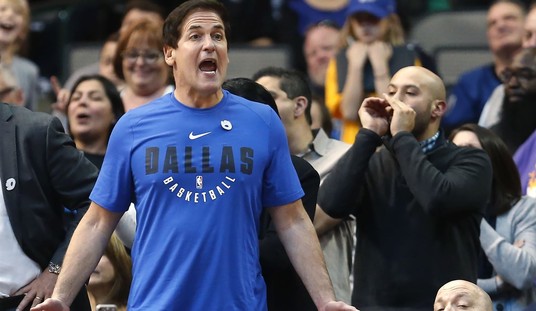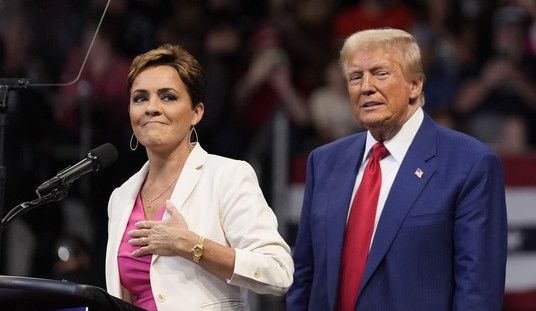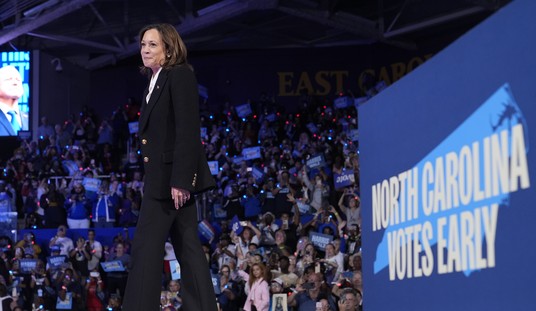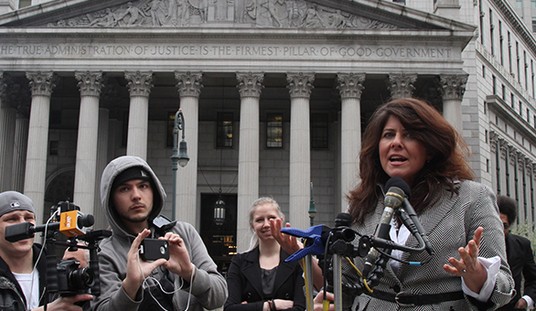
While the nation’s attention is focused on the impeachment proceedings, some members of Congress are working to affect real change for everyday Americans. One of these lawmakers is Senator Tim Scott (R-SC) who spearheaded the effort to include the creation of Opportunity Zones in the 2017 tax bill.
Since the legislation passed, Scott has been busy working on implementing the initiative, which is designed to foster economic growth in impoverished inner cities — many of which are predominantly populated by minorities. RedState spoke with Senator Scott to learn more about the progress of the program.
The Opportunity Zones initiative is a community investment program that provides incentives for investors to invest in low-income areas. Individuals and companies can reinvest unrealized capital gains into “Opportunity Funds.” Under the legislation, they can defer capital gains taxes for up to 10 years and benefit from other tax breaks.
Senator Scott told RedState that the initiative has already seen much success in cities across the country. “We are blessed to be at about $60 billion so far, looking to be invested in opportunities zones around the country,” he said. “We’ve seen projects in my home state of South Carolina from Rockville to Charleston, the mayor of Rockville and I had an opportunity zone event before Thanksgiving, and he announced a half a billion-dollar five-year project that will also provide portable housing.”
The lawmaker also listed other projects that are taking advantage of the program in places like Charleston, SC, Little Rock, AR, and Birmingham, AL. He also talked about how the program is helping to bring “more African Americans and Hispanics into the entertainment industry” in Atlanta, GA.
The senator has also been working with prominent leaders in the black community to leverage Opportunity Zones to revitalize predominantly black cities. Some of these include former NBA player David Robinson, former NFL player Emmitt Smith, and Bishop T.D. Jakes. He also mentioned that a black CEO who runs a billion-dollar construction company is partnering with a former Republican head of the National Committee for finance on a $400 million project in the Dallas area.
The program is also providing housing for Americans living in low-income areas. “Baltimore is under a major project, affordable housing, all involved in the project,” he said. “Memphis Tennessee has won $915 million prepaid five years fee that it’s going to attract thousands of permanent jobs, as well as obviously, a billion dollars of investment.”
The Opportunity Zone initiative allows most investors to participate, but Scott emphasized the importance of having people who come from these low-income areas invest in rebuilding them:
“I think it’s incredibly important to have not only the everyday investor community, but people who have done well from impoverished areas that take the opportunity zone legislation and do invest in their own backyard. That is the spine of the program.”
Scott continued, explaining that, “The most important way to develop a community is organically, and if you’re from a community, you’re more likely to be sensitive and thoughtful about your process. Solving problems with a design that has a positive return on the investment and the community is the focus.”
One would think that initiatives designed to help minority communities thrive would be celebrated by people on both sides of the aisle. But, the Opportunity Zones program has been met with some resistance from some Democratic lawmakers in Congress.
Both Representative Jim Clyburn (D-SC) and Senator Ron Wyden (D-OR) have attempted to make changes to the program that would subvert the intent of the initiative. Scott stated that they wish to make changes “that would bring more government money into those areas hoping to fix some of the problems.”
But Scott contends as any true conservative would, that the government cannot address the issues faced by many minority Americans. “Government cannot resolve the problem of poverty,” he argued. He continued:
“Poverty can be solved best through the private sector and we’re not setting any programs. We’re not focusing on any government programs. We’re simply stating the clear facts, which is after five decades and $7 trillion fighting poverty, maybe the best thing to do is to employ the best weapon we have in the arsenal, which, of course, is the private sector.”
It’s important to point out that the conflict over the Opportunity Zone program reflects the more widespread clash over free enterprise and socialism. As Senator Scott indicated, his initiative involves removing tax barriers to those who might want to invest in these communities, not implementing new programs that get the government more involved in solving the problem.
To put it another way, his solution involves getting the state out of the way so that blacks and Hispanics can rebuild their communities using the free market. It is no surprise that Democrats would take issue with such a notion. In the next part of the interview, Scott will discuss how Opportunity Zones fit into the battle between free enterprise and socialism and how conservatives can gain more ground in this war of ideologies.
Let me know what you think in the comments below!
Follow me on Twitter: @JeffOnTheRight














Join the conversation as a VIP Member